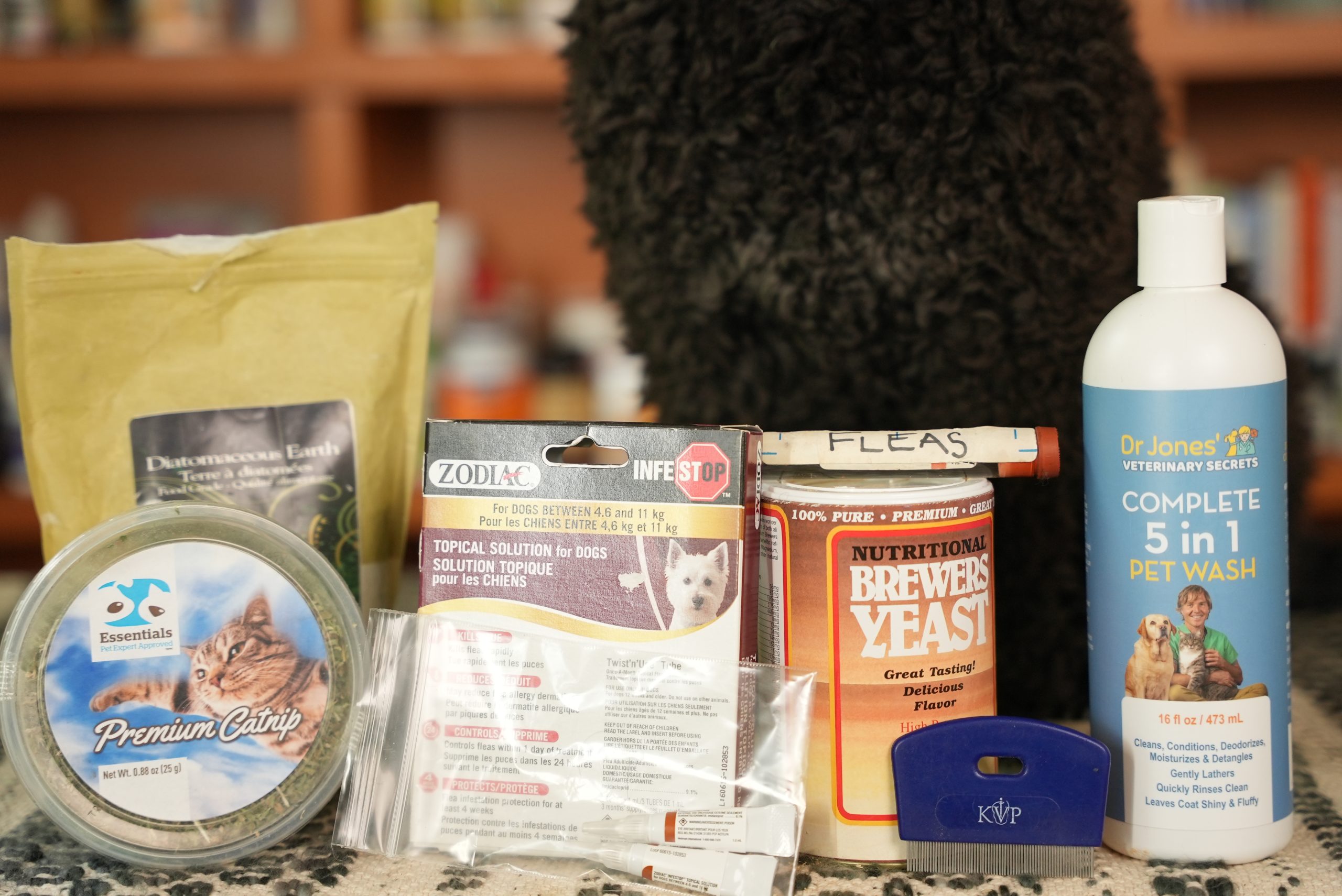5 Ways to Keep Fleas Off Your Pet WITHOUT PESTICIDES
If you are concerned about how you’re treating your pets for fleas, a new report urges veterinarians to cut pesticide flea treatment due to potential health risks. For those interested in natural pet health and wellness, you’ve come to the right place. Click here to subscribe to Veterinary Secrets.

A recent study conducted in the UK has found significant amounts of flea treatment insecticides in rivers. Among these, the topicals originally identified were Advantage and Frontline, known chemically as imidacloprid and fipronil, respectively. These topicals are convenient, but studies have shown that residues from these products can remain on pet owners’ hands for up to 28 days after application. This not only raises concerns about what happens when these substances wash into our water systems but also prompts questions about the potential risks to our pets and ourselves due to prolonged exposure.
The Concerning Findings
The use of these topicals could pose risks as they contribute to environmental contamination. A notable study from Switzerland detected neonicotinoid insecticides (neonics) in the cerebrospinal fluid of children, indicating that these substances could pose significant health risks, which were not adequately assessed when these products were first approved.
Natural Alternatives to Flea Control
If the potential health risks concern you, consider these five natural, easy, and effective methods to control or prevent fleas in your pets without the use of harsh chemicals:
-
Flea Comb and Regular Cleaning: Regularly use a flea comb on your pet and wash their bedding frequently. If they don’t have fleas, there’s no need for chemical treatments.
-
Natural Repellents (Thyme and Catnip): Utilize the natural flea-repellent properties of thyme and catnip. You can incorporate these herbs into your pet’s diet or have them in your garden to help keep fleas away.
-
Brewer’s Yeast: This is a great source of B vitamins and minerals, and it has been traditionally used to repel fleas. Administer approximately one teaspoon per 20 lbs of body weight daily to your pet.
-
Diatomaceous Earth: Use food-grade diatomaceous earth as a natural flea control method. It can be sprinkled on your pet’s bedding or directly on their fur to dehydrate and kill fleas.
-
Coconut Oil-Based Shampoo: Using a coconut oil-based shampoo can help kill fleas during bath time due to its flea-repellent properties.
Conclusion
The convenience of topical flea treatments like Advantage and Frontline must be weighed against their potential health risks and environmental impacts. By considering natural alternatives, you can protect your pets, yourself, and the environment from unnecessary exposure to harmful chemicals.
Thank you for tuning into this edition of Veterinary Secrets. Subscribe now for more insights, and don’t forget to click the bell for notifications. Below, you’ll find a link to receive a copy of my free book on pet health.

